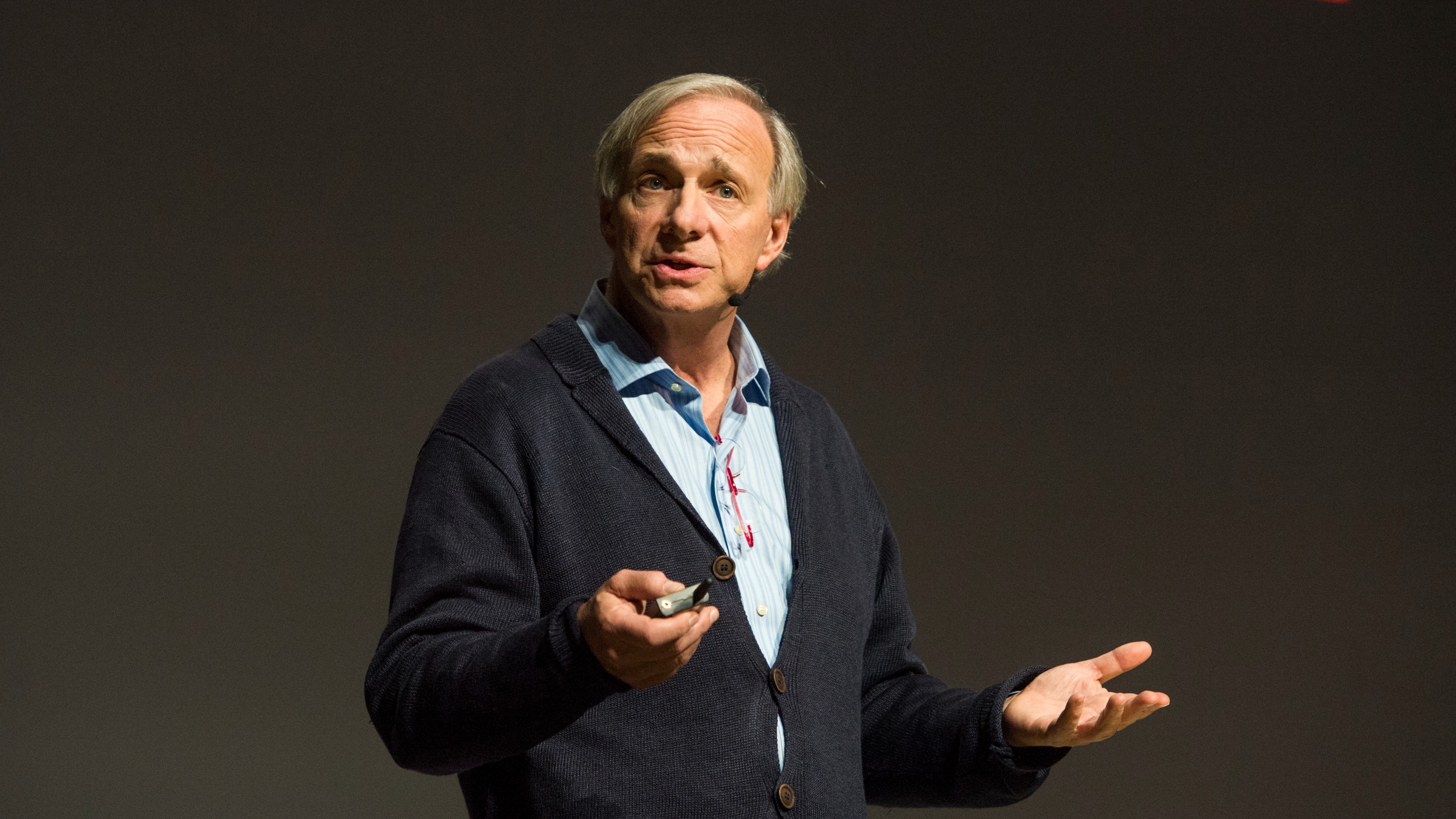Morningstar's "Perspectives" series features investment insights from third-party contributors. Here, Esmé van Herwijnen, Responsible Investment Analyst, EdenTree Investment Management, explains the virtues of sustainable investing.
The ethical investment market, while increasing rapidly, is still only a very small part of the total market. However, the market has increased, with strong interest from both investors and consumers on the ethical credentials of companies. People are certainly more aware of business practices today and there is clearly a sense of mistrust of corporate behaviour – which has certainly contributed to increased demand for more responsible investment products. Millennials are especially interested in investing ethically, which is likely to contribute to future the growth of the market. Overall, the rapid pace of growth augurs well for ethical investment.
We believe good corporate citizens and companies contributing positively to society are more likely to perform well over the long term. Investing ethically also adds an additional layer of risk management. Climate change remains a key challenge not only for ethical investors, but mainstream funds are beginning to recognise the material impact carbon footprints have on the long-term investment performance of companies. Adequate sustainability performance is also a sign of positive long term focus and can contribute to the prevention of poor practices or misconduct. Reputation risk has become a key metric for company management – more so in the current age of social media, where even the smallest transgression can lead to a material impact on a company’s share price.
What is Sustainable Investing?
It is an approach to investing with a long term view to invest in sustainable companies. Investors would typically look for companies that are good corporate citizens with strong environmental, social and governance policies and adequate performance in these areas. This can result in excluding companies that are deemed harmful and not considered to be sustainable, while instead looking for companies that contribute positively to society as they are more likely to perform well over the long term. Sustainable investing can be very powerful as it aims to align investment practices with principles and provides better risk management; it also allows better stewardship and thus influences companies to improve practices.
Growth of Sustainable Investing
Sustainable investing is rapidly growing. Despite still being a niche area of the market, there are now more than 80 sustainable funds in the UK alone. Practices have also changed. It started with solely exclusion practices, avoiding companies linked to controversial issues such as the Vietnam war or Apartheid; today a large variety of sectors or business practices can be excluded such as tobacco, alcohol, gambling, pornography, weapons, GMOs, animal testing, intensive farming, palm oil, nuclear power generation and more recently coal or fossil fuels – based on client demand.
In addition to negative screening some sustainable investment strategies look for positive contributions from businesses in environmental, social and governance criteria, sometimes taking a best in class approach. Thematic funds investing in specific environmental opportunities such as renewables and water continue to grow, and so does impact investing.
Drivers of Sustainable Investing
People are generally more aware of business practices and there is a sense of mistrust in corporate behaviour. Frauds in the banking sector and cases like Volkswagen have attracted strong media attention. A wide array of corporate scandals leaving no sector untouched has contributed to increased demand for more responsible investment products.
The urgency of issues such as climate change also adds to the increased attraction of green bonds or thematic investments. There are also more and more tools available for investors, data quantity and quality on sustainability performance continue to improve, making true ESG integration easier than before.
More and more investors, including EdenTree, now calculate the carbon emissions of their investments enabling further risk management and improve portfolio resilience. Millennials will also drive the responsible agenda with increased interest in this area.
Disclaimer
The views contained herein are those of the author(s) and not necessarily those of Morningstar. If you are interested in Morningstar featuring your content on our website, please email submissions to UKEditorial@morningstar.com





























